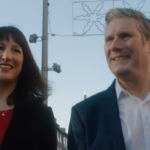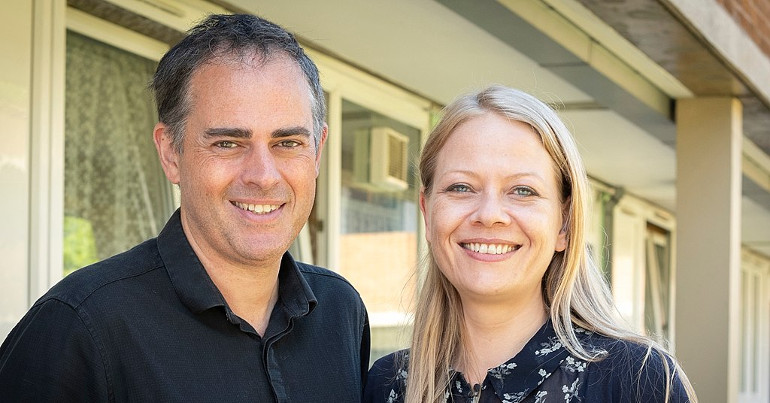Putting civil society at the heart of government

Civil society is the glue that binds our communities together. Without community groups, voluntary organisations, campaigns, social enterprise and social action, democracy simply does not work.
It’s no exaggeration to say that the last nine years of Tory austerity have decimated our local services. When David Cameron introduced his flagship Big Society policy, he spoke about empowering communities and claimed he was excited to give them more control. In reality, his policy was little more than a thinly-veiled plan to replace paid public sector professionals with unpaid volunteers.
That’s not to say that Labour doesn’t hugely value the fact that civil society has stepped up to plug the gaps left by sharp decreases in government funding. Far from it. But rather than leaving the third sector to pick up the pieces, we want it to be at the heart of decision-making. Civil society cuts across every single government department and my number one pledge is to ensure that the sector is part of every important conversation.
I was appointed Shadow Minister for Civil Society at the end of June 2019 off the back of my work with the Youth Violence Commission. The commission has always pushed for an evidence-led, public health approach to serious youth violence and that is what I have brought with me to this new role. Like youth violence, civil society cannot be confined to one or two Whitehall departments.
Since 2010, the Conservatives have closed 400 day centres, 500 public libraries, 600 youth centres and 1000 children’s centres. Labour will ensure that communities have places to meet and will unlock funds from dormant assets and philanthropic giving to provide money for projects to run in those spaces.
We will also encourage local authorities to identify and support anchor organisations which can help local communities participate in decisions affecting the local area. We will enable communities to bid to take control of buildings or other assets in their neighbourhood which are neglected, underused or not meeting local need. This will include new rights for service users to change how public services work if they are failing. Labour wants to see a revolutionary move away from the current top-down approach to public services and instead put service users and front-line workers in the driving seat.
On the national level, we believe that the law should provide clear rules for how civil society can operate. The Conservatives’ Lobbying Act has created a culture of fear within the sector, with many organisations self-censoring for fear of breaking the law. We will repeal the act and replace it with a new charter based on the Hodgson Review principles the Tories chose to shelve. We will recognise the vital role charities and campaigns play in public decision-making and ban anti-advocacy ‘gagging clauses’ in Government contracts and grants.
Of course, just like every other sector, civil society is also concerned about the impact of Brexit. At present, the charity sector receives about £500 million from the £2.4 billion allocated to the UK through EU structural funds. The Government has been promising a consultation on the UK Shared Prosperity Fund – which is due to replace the EU funding at the end of 2020 – since summer 2018, but there is still no sign of it. Unsurprisingly, third sector organisations are now feeling very nervous about the future of their funding. Labour will set up an advisory group with strong representation from civil society, communities and local authorities to help allocate the funding.
My key message for this election is that Labour wants to transfer real power to people and communities so that they can take control of the decisions which affect them. A strong, independent civil society must be a cornerstone of that.
Vicky Foxcroft is Labour’s Shadow Minister for Civil Society.
With the UK now set for a General Election on December 12, Bright Green is publishing a series of articles from progressive party spokespeople on how their policies would transform the country. This article is part of that series – all articles can be found here.




Leave a Reply